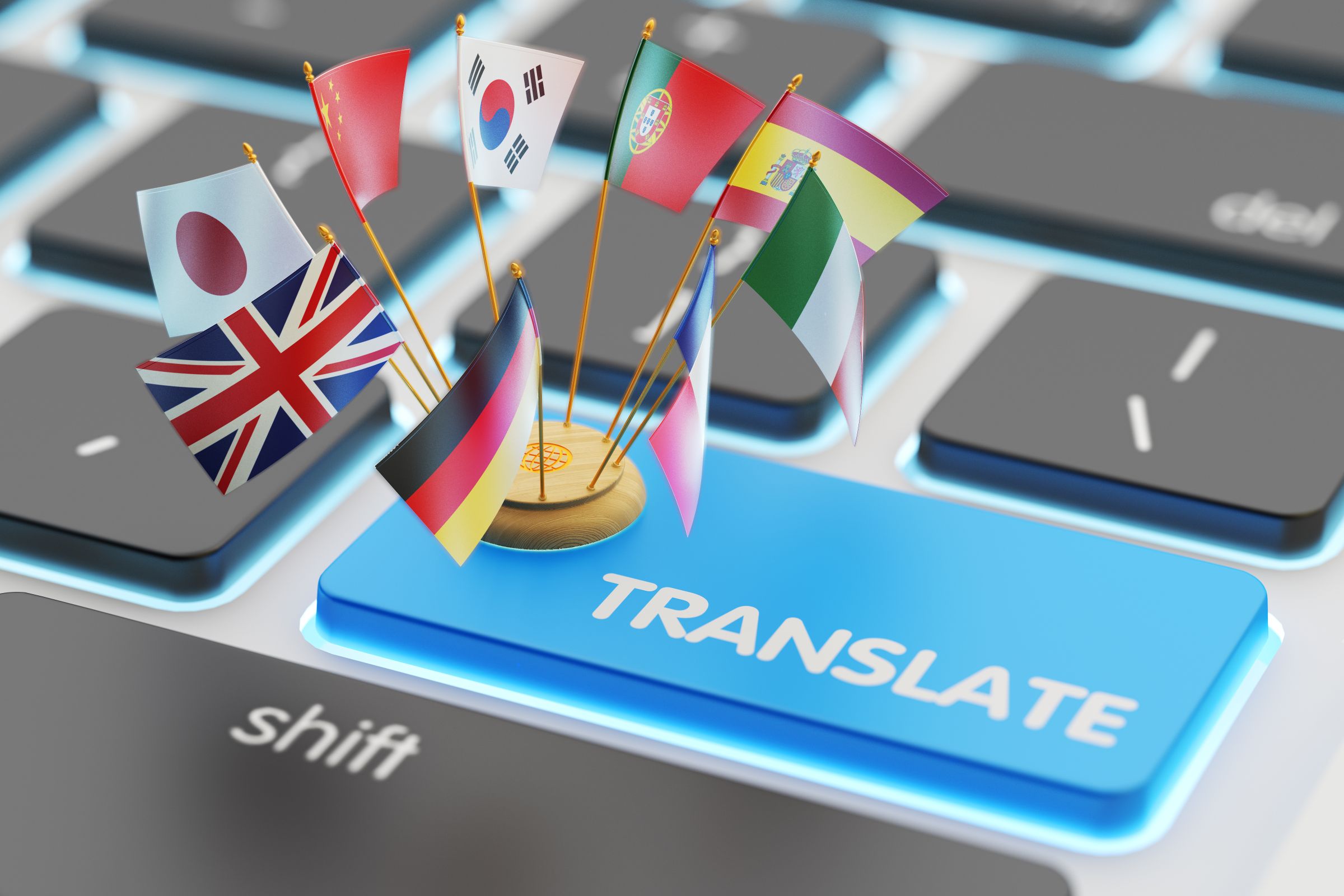How to Become a Freelance Translator
Freelance translators are highly sought after in todays global market. Companies need individuals skilled in foreign languages for communications, business documents, and to serve as personal translators when traveling. Some companies keep in-house translators, but many contract out their work for an hourly rate or to be paid per job. The first step to becoming a translator is to build your resume. Do you hold a degree in the language? Are you a native of another country? Have you ever served as a translator before on a non-official basis? Gathering together your skill set and constructing a resume to show potential clients will establish your professionalism and show them that you're the right person for the job.<
If you aren't a native speaker of the language or don't have a degree in the language, consider getting some sort of translator continuing education. Many colleges offer foreign language classes for adults at night. Online programs are also available, but make sure to check for the institutions credentials and price. (You should also stay away from online classes if you are working with the spoken language, rather than the written language.)
Next, set up a business plan to make your translator services available. What type of translating services do you want to offer? Do you want to work with spoken or written translation (or both)? How much will you charge for your services? Make sure that you are well compensated for your time. However, you should also look around at others offering similar services and how much they charge. Charging too much will make clients overlook your proposal, while charging too little may show that you undervalue your work.
Freelance work of any kind requires you to continually market yourself and your services. You need to establish a large client base and have a solid marketing plan. Consider joining one of the many professional translator associations, such as The American Translators Association. Although you may have to pay a small fee, your registration will help you network and learn about your craft. You can network and meet other freelance translators to swap tips with. You can also add these professional translator associations onto your resume for added professionalism.
Target companies in your area that may have need for your services. Before sending out bulk emails or letters that will be thrown aside, do your research. Which companies do business with the country whose language you speak? Which ones already have translators on-site? Focus on the smaller companies who probably don't have an on-site translator. Tailor your letters and requests to the specific company, rather than creating a generic letter. This will show that you are taking your proposal for work seriously.
Many online sites, such as Elance and Freelanced, advertise jobs in freelance work. Not all of these jobs are directed at translation, but you will be able to find many jobs listed in the translation folder. This is a great way to expand beyond your community and make your translator services available to clients from all over the world.
Finally, once you get your break, make sure to deliver what you promise. If you want return customers, you'll need to get the job done quickly but thoroughly. Keep in close contact if you have any questions throughout the process, and send status reports to keep your client up to date. Happy clients equal rapid payment and additional work.
Becoming a translator will require you to become very knowledgeable on two languages. Even once you' ve established yourself, consider taking translator continuing education classes, as languages are always changing and shifting. Staying on top of the cultures idioms and phrases will make sure your work is current.
For a low start-up cost, you, too, can become a freelance translator. But to keep your business alive, make sure to stay educated, present yourself professionally, and market yourself through as many avenues as you can.
Category: Translators & Interpreters
Business News
Popular Posts
- Universal Pursuit of Happiness - Wisdom from World Religions
- Overcoming Ego and Self-Centeredness - Lessons from World Religions
- Transcending Materialism - Spiritual Practices from World Religions
- Overcoming Prejudice and Intolerance - Guidance from Global Faiths
- How Mind Balance Can Improve the Mindsets of Employees
- Interfaith Insights by 1WorldPeace - The Top 100 Universal Beliefs in Global Spirituality
- Bridging Beliefs - Finding Common Ground in Love and Respect
- The SmartGuy Vision - A United Future Through Interfaith Love and Respect
- A Cautionary Vision - The Grim Future of a Divided World Without Love and Balance
- A Tapestry of Faiths - Exploring the Common Threads in World Religions
- Fostering Harmony Among Christianity Islam Buddhism Hinduism and Judaism
- Preparing Kids for Adulthood - 15 Vital Skills They Wont Learn in School
- Navigating Diversity - Jerusalem's Tactical Approach to Interfaith Harmony
- Clearing Mental Plaque: The Path to Enhanced Communication and Divine Connection
- Why Return to Jesus Christ and the Church
- Top 50 Ways to Live Longer
- Adventurous Romance -The Key to Enhancing Relationship Chemistry
- Pork Tenderloin with Mustard Cream Sauce
- Navigating Technology and Media for Optimal Mental Well-Being
- Understanding the Link Between Mental Health and Substance Abuse
